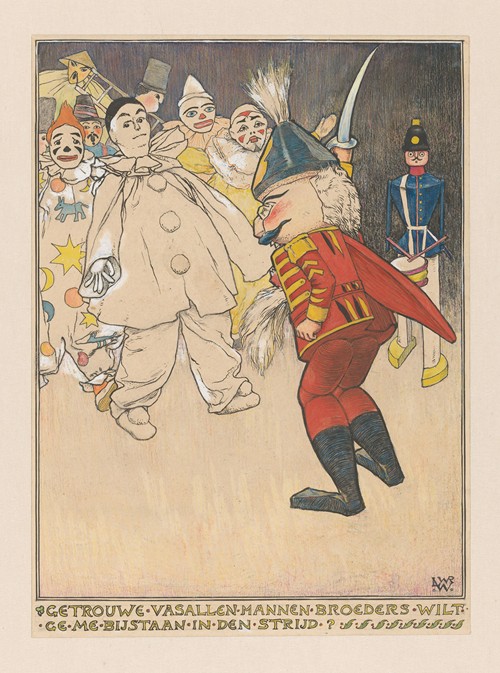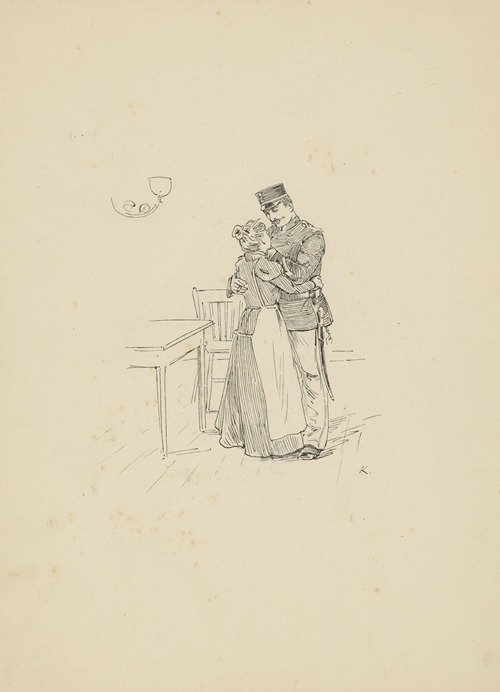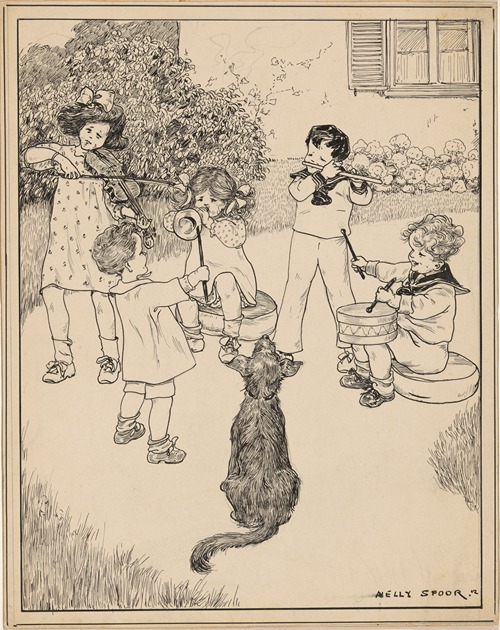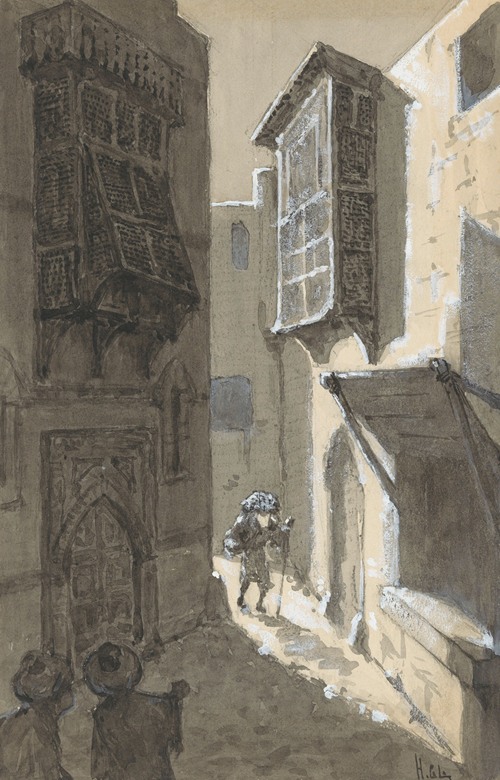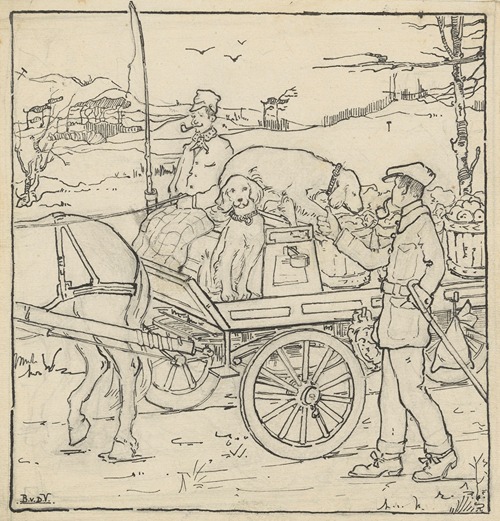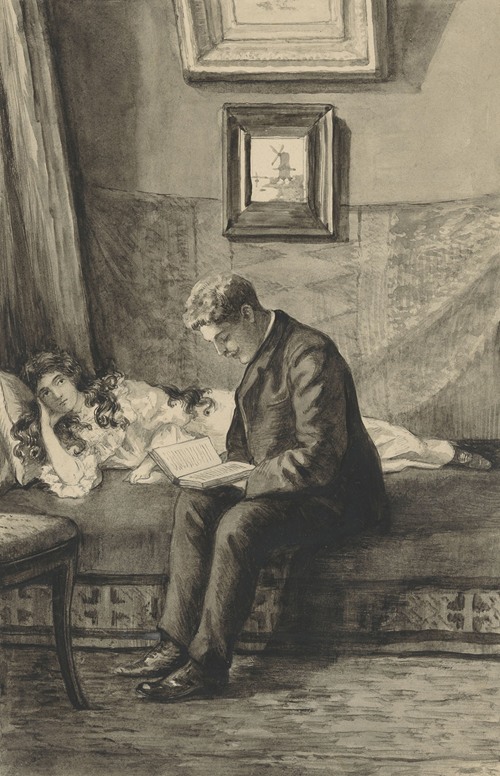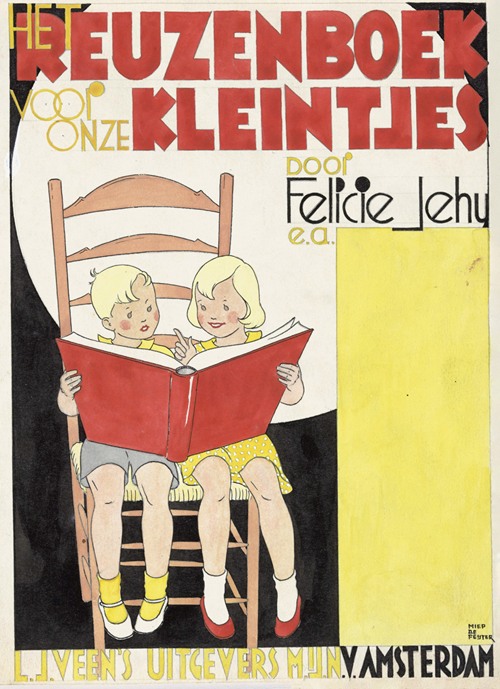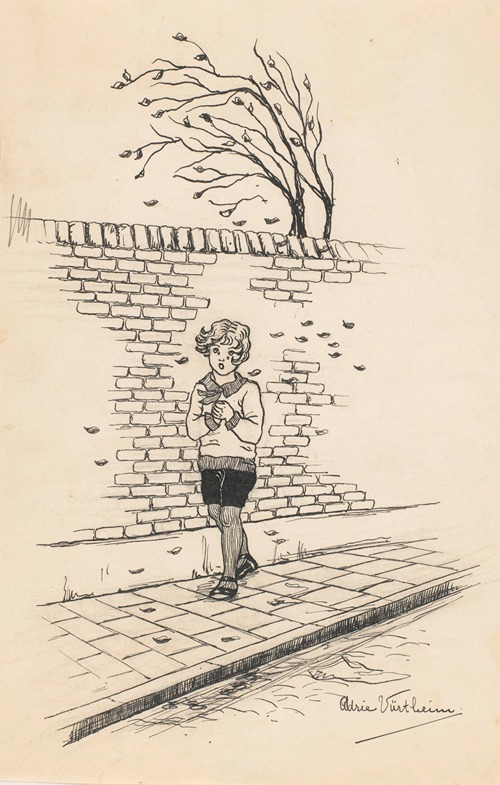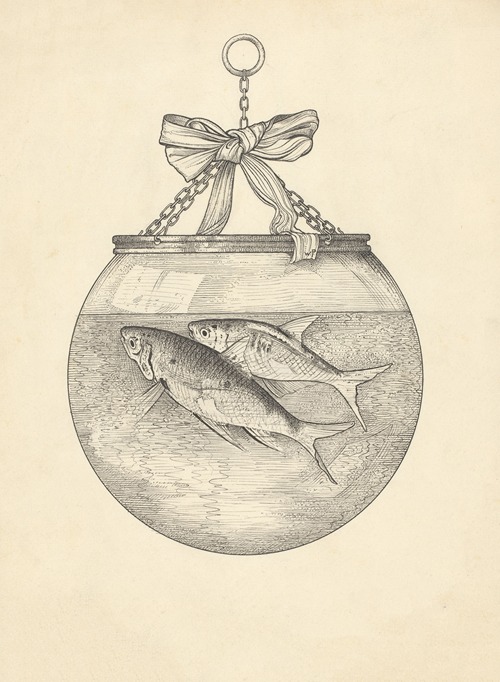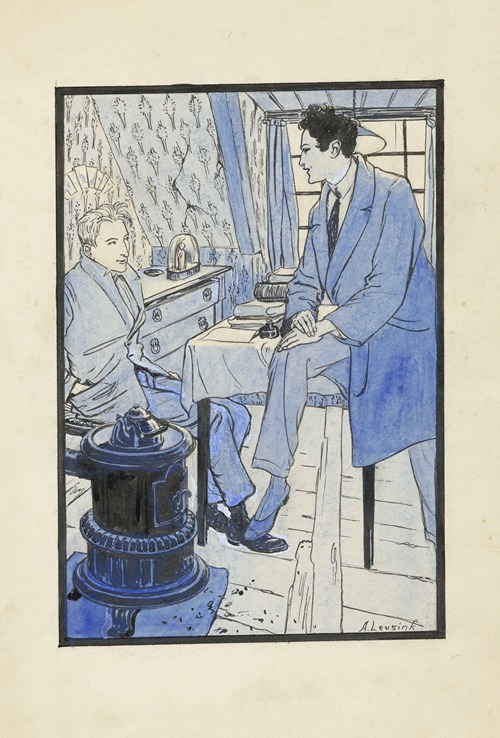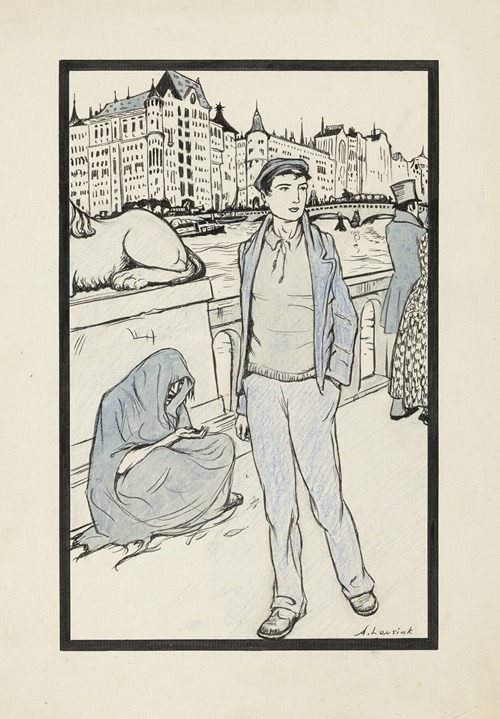
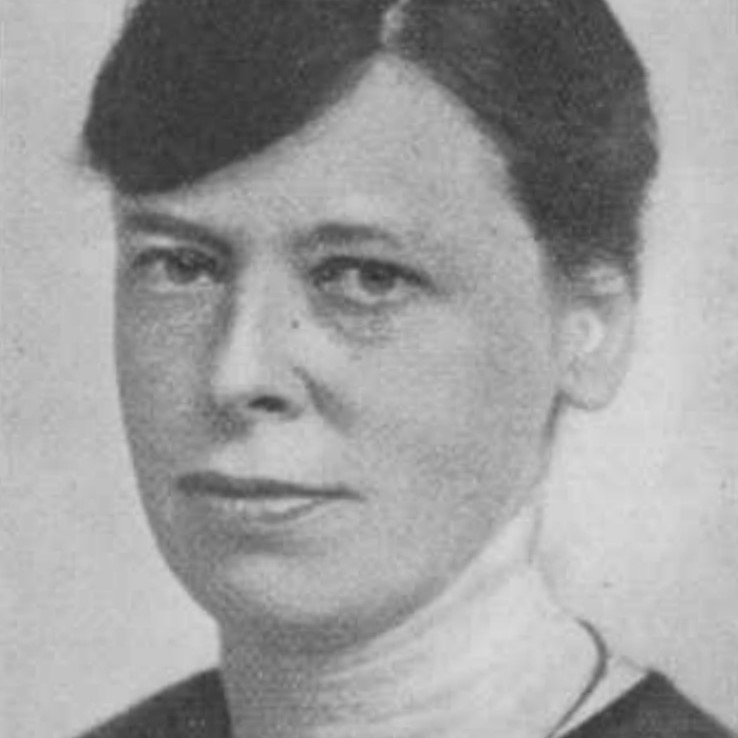
Adriana Ladenius, better known as Adri Leendertz-Ladenius was a politician, first female member of the Provincial Council of Overijssel. Daughter of Hendrik Johannes Ladenius (1854-1925), court clerk, later district court judge, and Catharina Elisabeth Beucker Andreae (1853-1950).
Adri Ladenius was named after her maternal grandmother Gaatske Adriana Haverschmidt, a sister of the poet and preacher François (‘Piet Paaltjens’) Haverschmidt. The third of seven children, she grew up in an orthodox Reformed family, first in Zuidhorn, Vianen, and Utrecht, and from the age of thirteen in Almelo, where she attended secondary school. After a year abroad, she took painting lessons in Amsterdam from 1902, first at a drawing school for girls and then, until 1907, at the Academy of Visual Arts.
In 1908, Adri Ladenius joined the Almelo branch of the Social Democratic Workers' Party (SDAP), becoming its secretary in 1909 and treasurer in 1911. She made her voice heard as a ‘Marxist’, but distanced herself from the communist wing of the SDAP, which split off in 1909. In 1916, she became secretary of the SDAP region of Overijssel and in 1918 a candidate for the House of Representatives, even though women did not yet have the right to vote at that time. Meanwhile, Ladenius regularly produced illustrations for the magazine De Proletarische Vrouw (The Proletarian Woman). For many years, she was active in the Bond van Sociaal-Democratische Vrouwenclubs (BSDVC, Union of Social Democratic Women's Clubs). She was a fervent advocate of suffrage for all women and opposed ‘women's suffrage’.
In 1921, at the age of 38, Adri Ladenius married the lawyer Albertus Cornelis Leendertz – the marriage remained childless. After her marriage, Leendertz-Ladenius continued her political work. As a member of the municipal council, she was committed to public education, and in the Provincial Council her portfolio included public health.
Adri Leendertz-Ladenius died on April 21, 1950, at the age of 69 in Almelo. Her sober but well-attended funeral in Almelo was led by her brother-in-law Willem Leendertz, professor at the Mennonite seminary in Amsterdam.
